First time buyers get 20% off *
Adagio and Allegro (1732)
from Sonata in F, HWV 370
George Frideric Handel (1685—1759)
Any Saxophone Solo with Piano
Adagio and Allegro by George Frideric Handel arranged for Any Saxophone Solo with Piano. This is one of may instrumental sonatas written by Handel. It was published in 1732. Modern scholars dispute whether he actually wrote it. In his time, Handel’s music was so popular that many fakes and spurious works were attributed to him.
Performance Notes
All dynamics and articulations in this arrangement are editorial. None were included in the original composition. If you wish to follow historically informed performance practice, please do so.
The adagio, movement 1, is in slow 3/4 time throughout. It is quite slow: around 48 – 52 beats per minute. It is approximately 1.5 minutes in length. The second movement allegro is in common time throughout. The tempo is fast but not too fast – around 98 – 112 beats per minute. At 102 bpm, taking all repeats, it is 2 minutes in duration. Both movements have been transposed to the key of A flat to accommodate the saxophones range. It is a good introduction to Baroque music for young players. Rising intermediate players may find it a bit challenging but should still find success with it.
With this arrangement of Adagio and Allegro you get:
- Piano score with saxophone part in C
- E flat saxophone part (alto or baritone sax)
- B flat saxophone part (soprano or tenor sax)
The range for each saxophone part is shown below.
Audio and score excerpts are available above.
Adagio and Allegro Saxophone Part Range

About the Composer
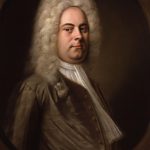 George Frideric (or Frederick) Handel (23 February 1685 – 14 April 1759) was a German-British Baroque composer well-known for his operas, oratorios, anthems, concerti grossi, and organ concerti.
George Frideric (or Frederick) Handel (23 February 1685 – 14 April 1759) was a German-British Baroque composer well-known for his operas, oratorios, anthems, concerti grossi, and organ concerti.
Born in Halle, Handel spent his early life in Hamburg and Italy before settling in London in 1712, where he spent the bulk of his career and became a naturalised British subject in 1727. He was strongly influenced both by the middle-German polyphonic choral tradition and by composers of the Italian Baroque. In turn, Handel’s music forms one of the peaks of the “high baroque” style, bringing Italian opera to its highest development, creating the genres of English oratorio and organ concerto, and introducing a new style into English church music. He is consistently recognized as one of the greatest composers of his age.
* First time buyer discount applies to ‘download only’ purchases and does not combine with other discounts or coupons
.

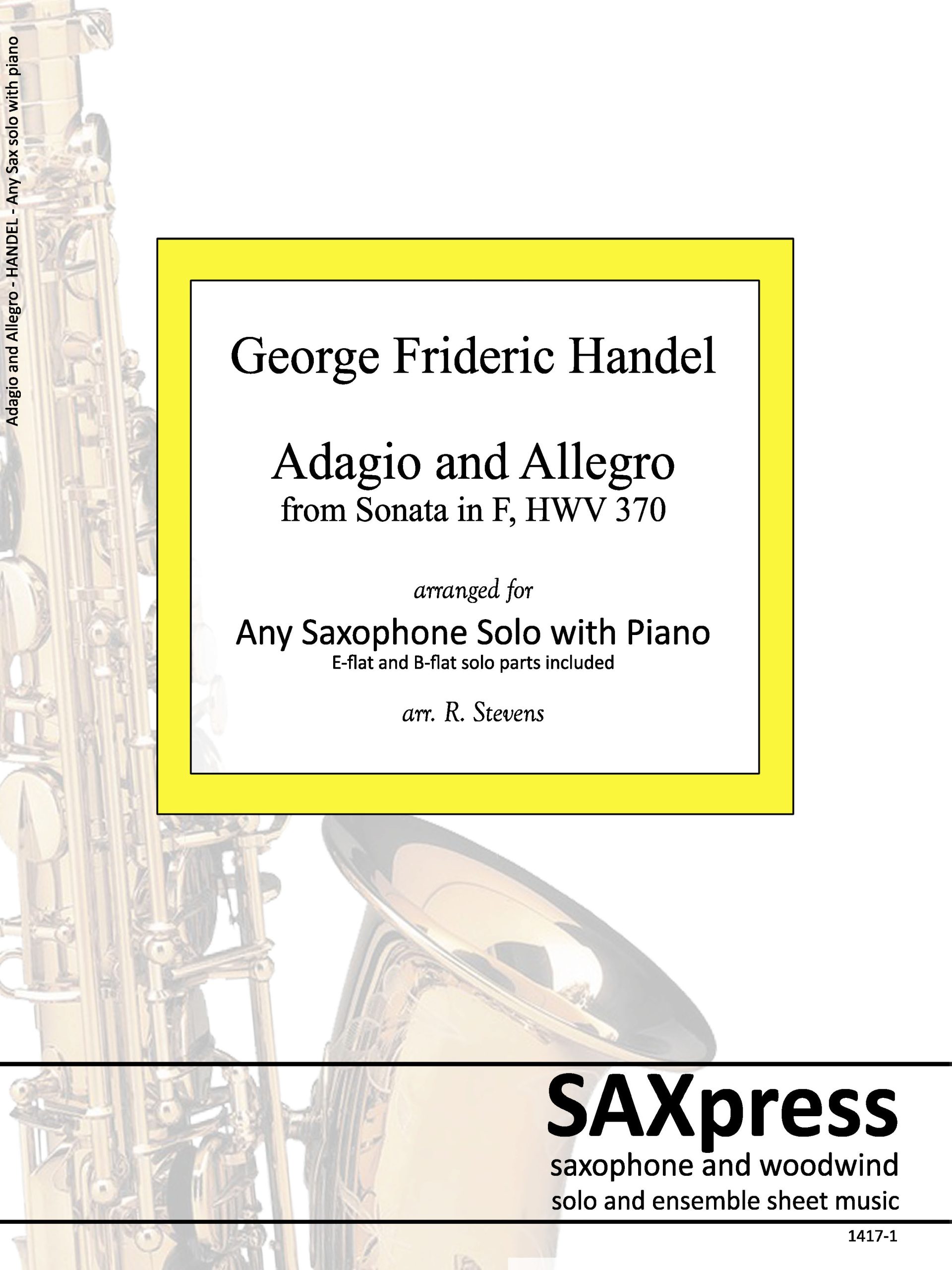
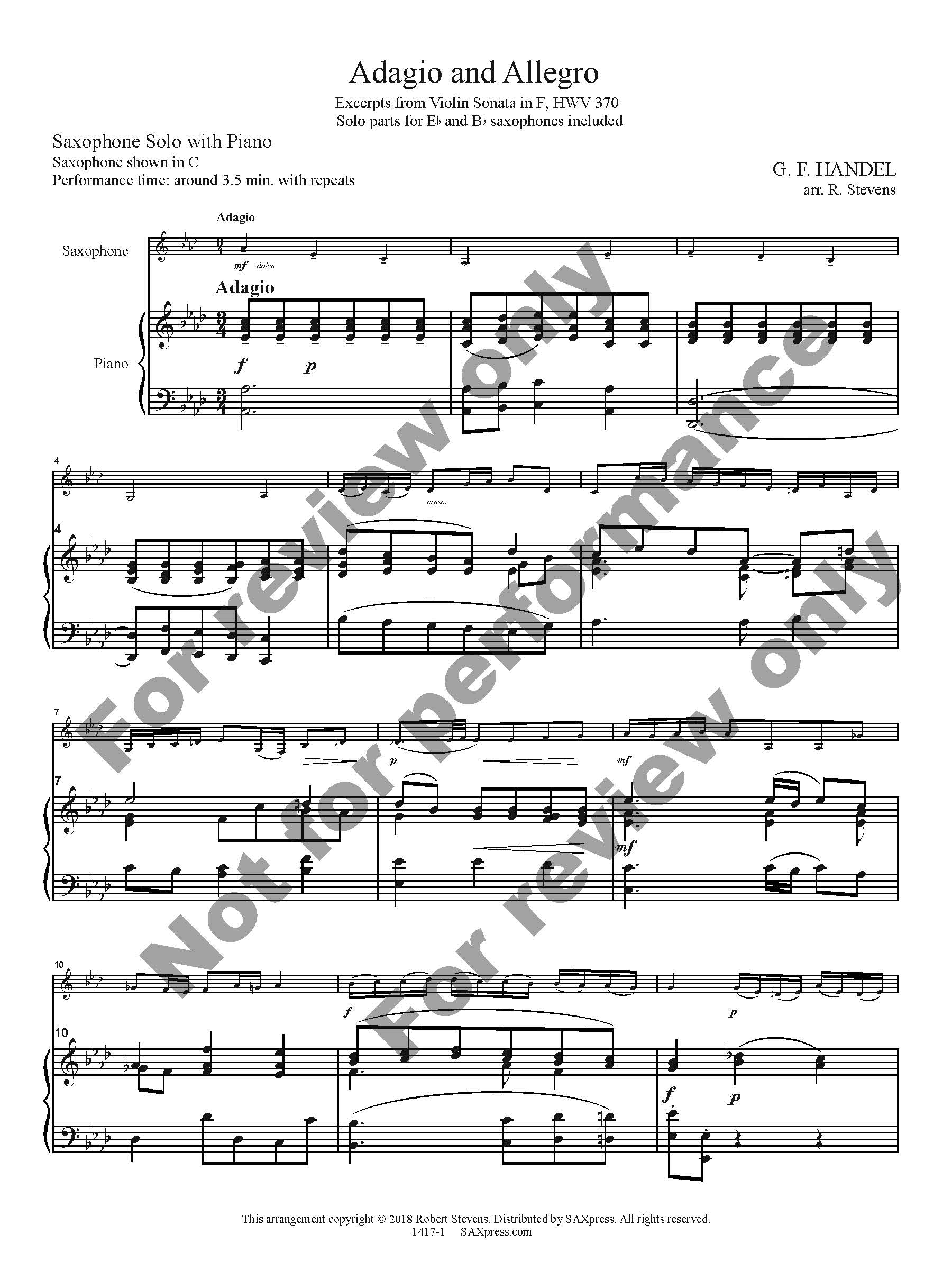
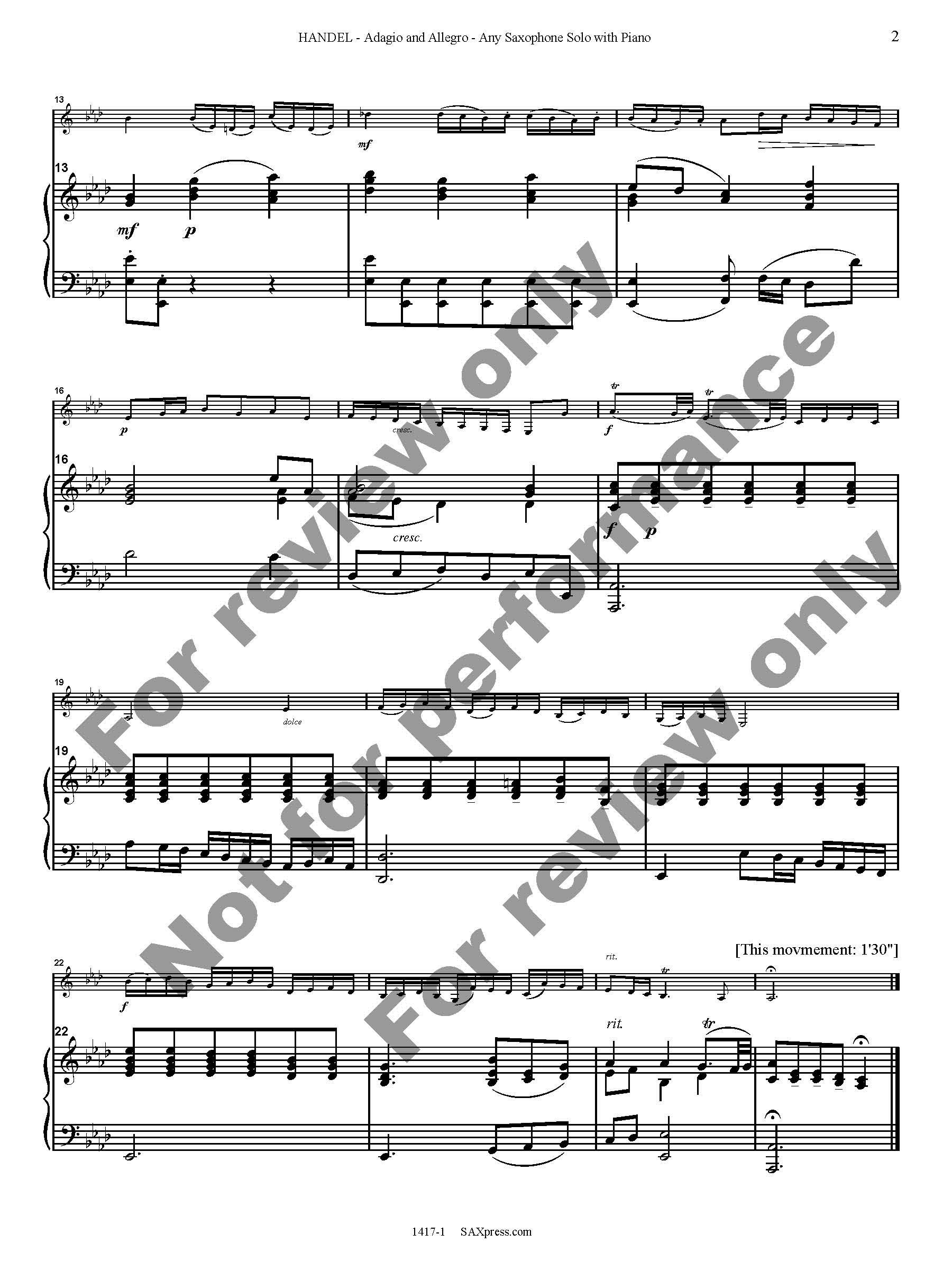
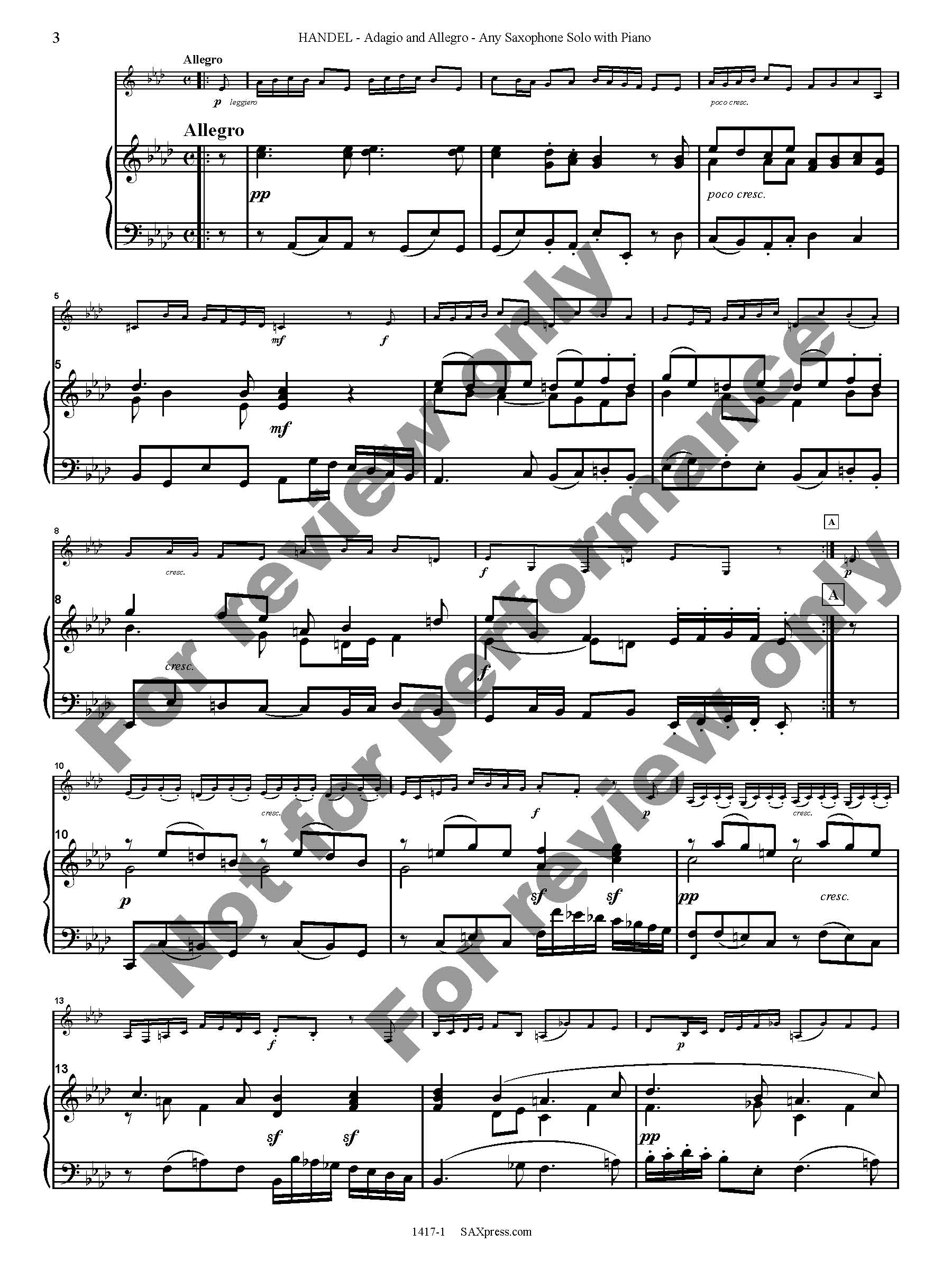
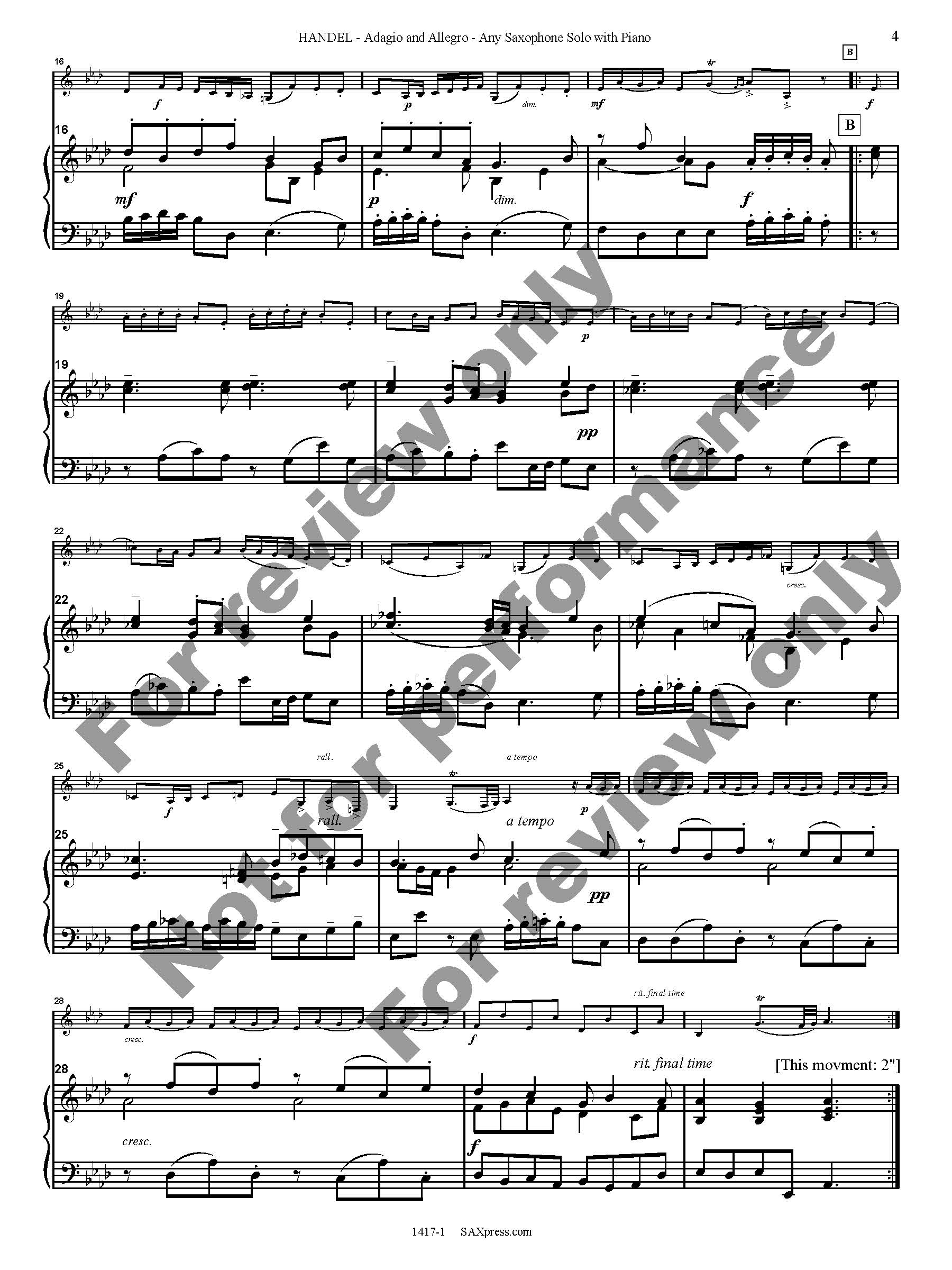
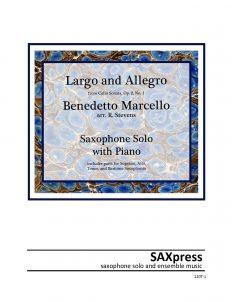
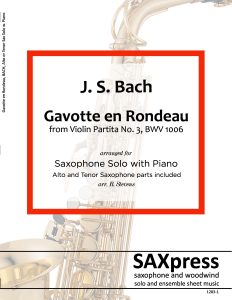
Reviews
There are no reviews yet.